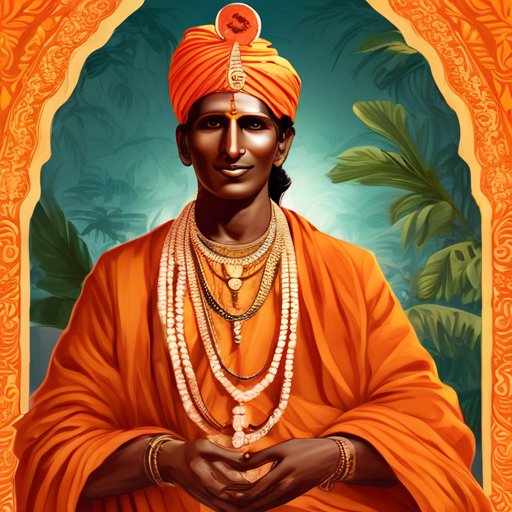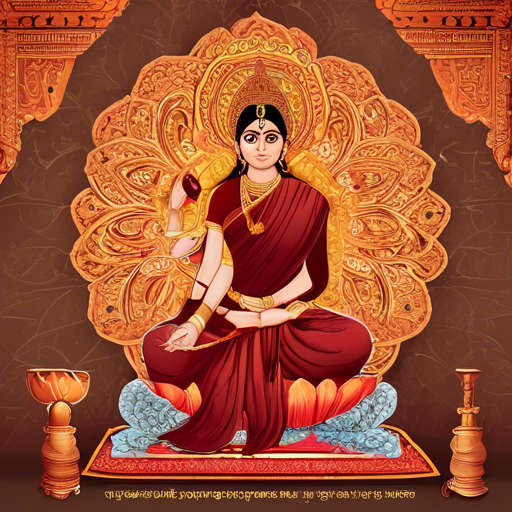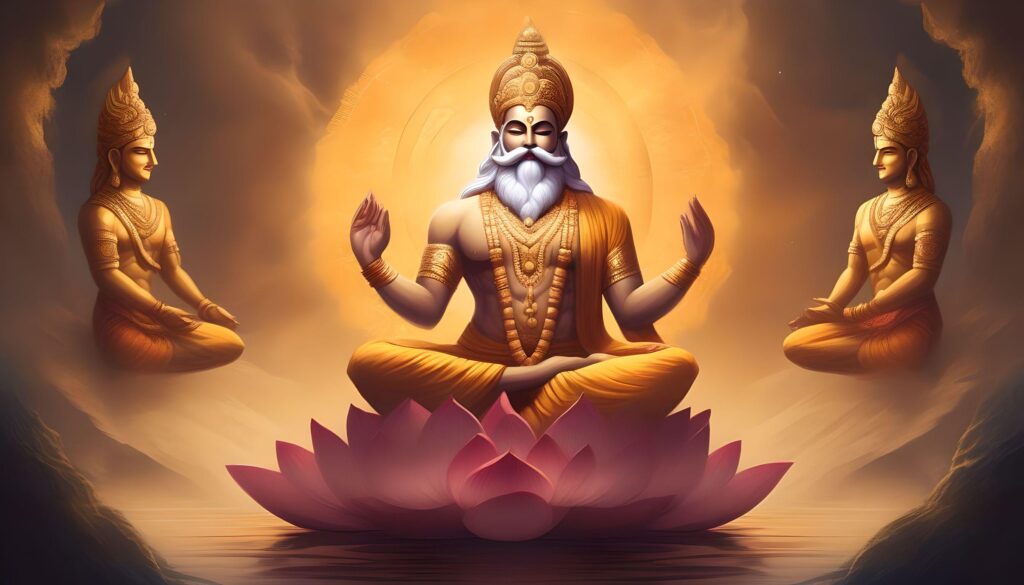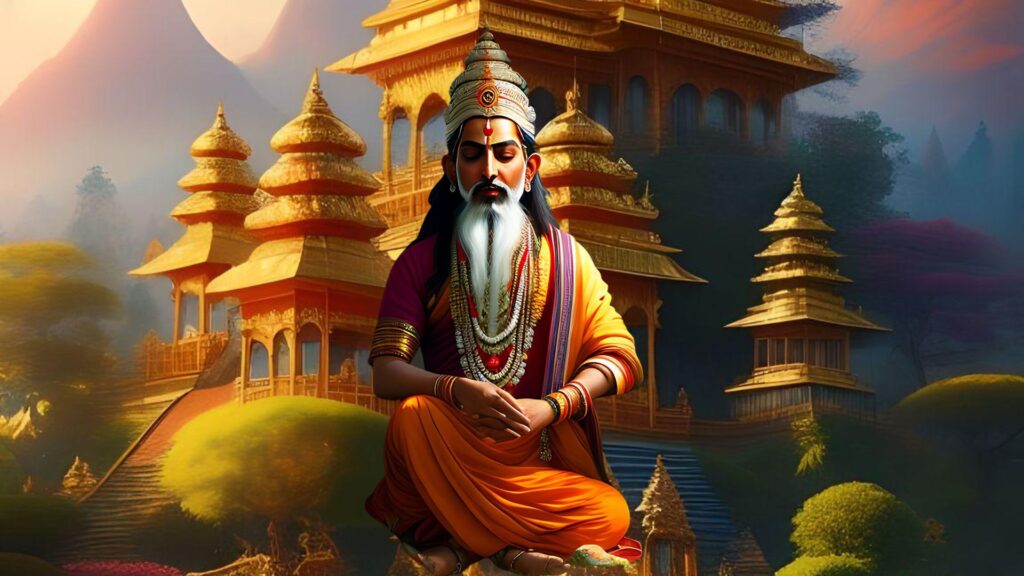Arya Samaj Movement : Catalyst for Social & Religious Reform
Introduction
In the 19th century, the Arya Samaj, a significant religious and social reform movement, emerged in India. Established in 1875 by Swami Dayananda Saraswati, the Arya Samaj was founded with the intention of tackling the predominant social, religious, and cultural concerns of that era. The history, guiding principles, contributions, and influence of the Arya Samaj movement on Indian society are examined in this article.

Swami Dayananda Saraswati: The Visionary Leader
Born in Gujarat in 1824, Swami Dayananda Saraswati played a pivotal role in organizing the Arya Samaj. Having observed the widespread degradation and injustices that characterized Hindu society, he devoted his existence to the advancement of social and religious reform. Swami Dayananda espoused the conviction that the Vedas possessed absolute authority and endeavored to reconcile the Hindu faith around their tenets. The pursuit of truth, education, and the elimination of social ills were among the values he emphasized.
The Principles of Arya Samaj
Ten guiding principles comprise the Arya Samaj and form the basis of its philosophy. The aforementioned principles comprise, in no uncertain terms, the following: monotheism, adherence to dharma, pursuit of physical and social well-being, acceptance of truth and rejection of untruth, love, righteousness, avoidance of ignorance, concern for the welfare of others, and adherence to social and individual welfare.
Social Reforms: Eradicating Caste Discrimination and Untouchability

An important aim of the Arya Samaj was to challenge and eliminate social disparities, with a specific focus on untouchability and caste discrimination. Swami Dayananda advocated for a society devoid of castes and was a staunch opponent of the rigorous caste system. The Samaj advocated for universal human rights, transcending distinctions of social standing and caste. They advocated for the advancement of the lower castes, fostered inter-caste matrimonial unions, and supported the practice of widow remarriage. Their endeavors were instrumental in confronting the firmly established social hierarchies that characterized that era.
Women’s Empowerment: A Revolutionary Vision
The Arya Samaj was instrumental in promoting the empowerment and liberties of women. Swami Dayananda advocated for the active engagement of women in society and advocated for their equal status. The prevalent practices of purdah, child marriage, and female infanticide were challenged by the Samaj. They promoted the education of women and encouraged their engagement in diverse domains of society. The advance of women’s rights advocated by the Arya Samaj served as the precursor to the feminist movement in India.
Educational Reforms: Spreading the Light of Knowledge
The primary emphasis of the Arya Samaj was education. Swami Dayananda acknowledged the profound impact that education could have in elevating society. He founded the DAV (Dayanand Anglo Vedic) institutions, which integrated Vedic teachings with contemporary education. Their objective was to provide individuals with the knowledge and skills necessary to make positive contributions to society. The establishment of educational institutions and a focus on education emerged as fundamental tenets of the Arya Samaj’s mission.
Religious Reforms: Purifying Hinduism
In an effort to purify Hinduism, Swami Dayananda eliminated impurities such as polytheism and idolatry. Monotheism was advocated and the veneration of the formless Brahman was emphasized. Beyond the Vedas, the Arya Samaj repudiated the authority of religious texts and emphasized the significance of comprehending and putting into practice Vedic teachings. Adherence to Vedic principles, rationality, and critical thinking were key factors that propelled a revival in Hindu religious observances.
Political Reforms: Advocating for Swaraj
In addition to fostering social and religious transformations, Swami Dayananda envisioned for India’s political autonomy. The individual in question espoused the notion of Swaraj, an acronym denoting self-governance or self-rule. Swami Dayananda advocated for the independence of India from foreign dominion and urged its citizens to assume responsibility for their own fate. His political independence principles established the foundation for the subsequent Indian independence movement.
Global Influence: Arya Samaj Around the World
Influence of the Arya Samaj transcended India’s borders. Guyana, Russia, Kenya, Nepal, Trinidad, Armenia, Tanzania, the United States, Malawi, Thailand, Mauritius, the Netherlands, South Africa, the United Kingdom, Uganda, and Myanmar were among the nations that embraced the movement. In these nations, Arya Samaj branches were established to advance the social reform and promotion of Vedic principles that were central to the movement’s ideology.
Legacy and Contributions
Extensive are the Arya Samaj’s contributions to Indian society. The movement has made a lasting impression through its prioritization of social equality, women’s empowerment, education, and religious reforms. The impact of the Arya Samaj is evident in its efforts to abolish untouchability, advocate for inter-caste marriages, found educational institutions, and empower women. Ongoingly, their teachings motivate individuals to work toward establishing a society that is fair and impartial.
Conclusion
Under the leadership of Swami Dayananda Saraswati, the Arya Samaj movement brought about a profound transformation in Indian society by undertaking extensive reforms in the realms of education, religion, society, and politics. Informed by the Vedas, their principles advocated for justice, equality, and the acquisition of knowledge. The enduring influence of the Arya Samaj on Indian society has contributed to the development of a more progressive and inclusive nation.
FAQs
Q1: Who founded the Arya Samaj?
A1: Swami Dayananda Saraswati founded the Arya Samaj in 1875.
Q2: What were the main principles of the Arya Samaj?
A2: The principles of the Arya Samaj include the infallible authority of the Vedas, monotheism, observance of dharma, and promotion of physical and social well-being.
Q3: Did the Arya Samaj contribute to women’s empowerment?
A3: Yes, the Arya Samaj played a crucial role in advocating for women’s rights, education, and empowerment.
Q4: What was Swami Dayananda Saraswati’s vision for India?
A4: Swami Dayananda Saraswati envisioned an independent India free from foreign rule, where social equality and justice prevail.
Q5: How did the Arya Samaj promote education?
A5: The Arya Samaj established DAV schools that combined modern education with Vedic teachings, aiming to spread knowledge and empower individuals.
AryaSamaj #DayanandaSaraswati #Dayananda #Saraswati #Women








